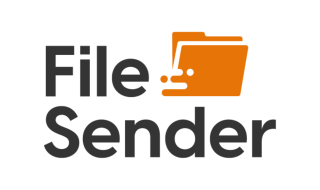SURFfilesender
Secure and encrypted file transfer
Send files securely and encrypted. With SURFfilesender, you send large files, such as research data, securely. The files are stored in the Netherlands. Encryption offers extra security.

Advantages
Send and receive files easily
Send and receive files via your web browser, without extra software or plug-ins. Log in with your institution account via SURFconext, your recipient does not need an account.
For any file size (up to 1 TB!)
With SURFfilesender, you send larger files (up to 1 TB!) than with similar (commercial) services, e-mail or FTP servers. Think of files with research data such as genome sequences or astronomical observations. SURFfilesender also makes it easy to send smaller files.
Safe and secure
Security and privacy are guaranteed; we treat your files with the utmost confidentiality. All servers are located in the Netherlands and are subject to European privacy legislation.
Encryption possible for extra security
With end-to-end encryption, it is technically impossible to access files 'from outside'. You send a password to open files, for example by phone or text message. This way, you decide who has access to privacy-sensitive files.
Do you have a question about SURFfilesender? Get in touch.
Our network is big enough for our premises to send a lot of data back and forth internally. Not everyone uses SURFfilesender yet, but everyone knows the possibilities.
FileSender: open source software for sending unlimited files
Together with our international sister organisations, we developed FileSender: the open source software from which SURFfilesender emerged. Before implementing new functionalities in SURFfilesender, we experiment with them within the FileSender project.